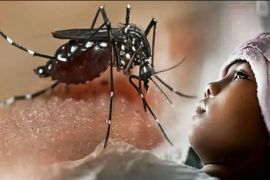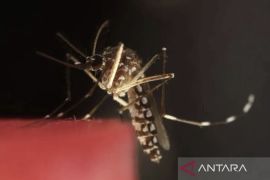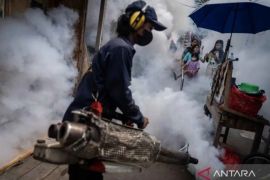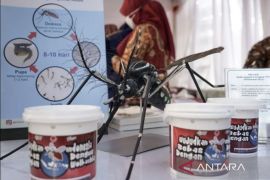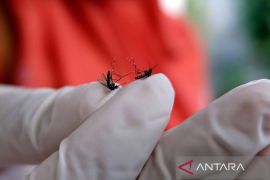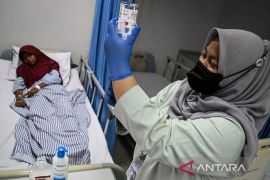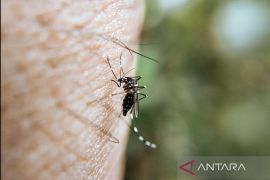"Dengue remains a real health threat for Indonesians, and the cases occur throughout the year, tending to increase during the rainy season," the Health Ministry's director of infectious diseases, Ina Agustina Isturini, said here on Saturday.
At the "Joint Steps to Prevent Dengue" event, she explained that dengue, which is caused by the Aedes aegypti mosquito, not only affects public health, but also community productivity. It also burdens the health service system, she added.
As per data, from the beginning of January to February 3, 2025, at least 6,050 dengue cases and 28 deaths were recorded across 235 districts/cities in 23 provinces.
Isturini said that the Indonesian government is committed to controlling the spread of dengue through various programs, including vector control programs, the 3M Plus Movement, and the 1 House 1 Jumantik Movement.
Jumantik is a person who inspects and eradicates mosquito larvae, particularly Aedes aegypti larvae.
In addition, the government has established the National Strategy for Handling Dengue 2021–2025, which emphasizes cross-sectoral synergy between the government, the private sector, and the community to expand the reach of education and prevention.
Isturini further emphasized that combating dengue requires more than just one approach.
The government has adopted an innovation-based strategy, including the release of Wolbachia mosquitoes in several areas such as Yogyakarta, West Jakarta, Bandung, Semarang, Bontang, and Kupang, as well as vaccination as additional protection steps.
"This effort needs to be supported by the active role of the community, one of which is by implementing 3M Plus, namely draining, closing, recycling, and preventing mosquito bites," she said.
Related news: No Wolbachia transmission from mosquitoes to humans: official
Related news: Jakarta asks residents to strengthen dengue prevention
Translator: Adimas P, Kenzu
Editor: Rahmad Nasution
Copyright © ANTARA 2025

